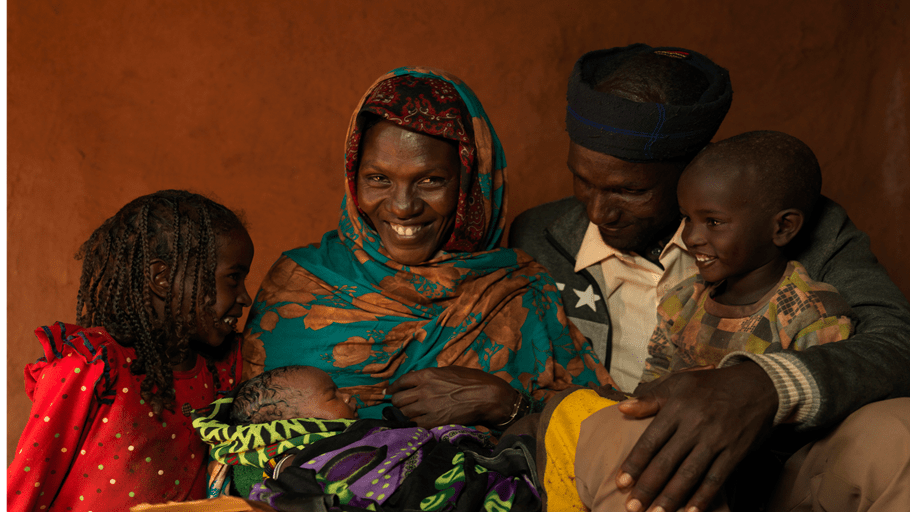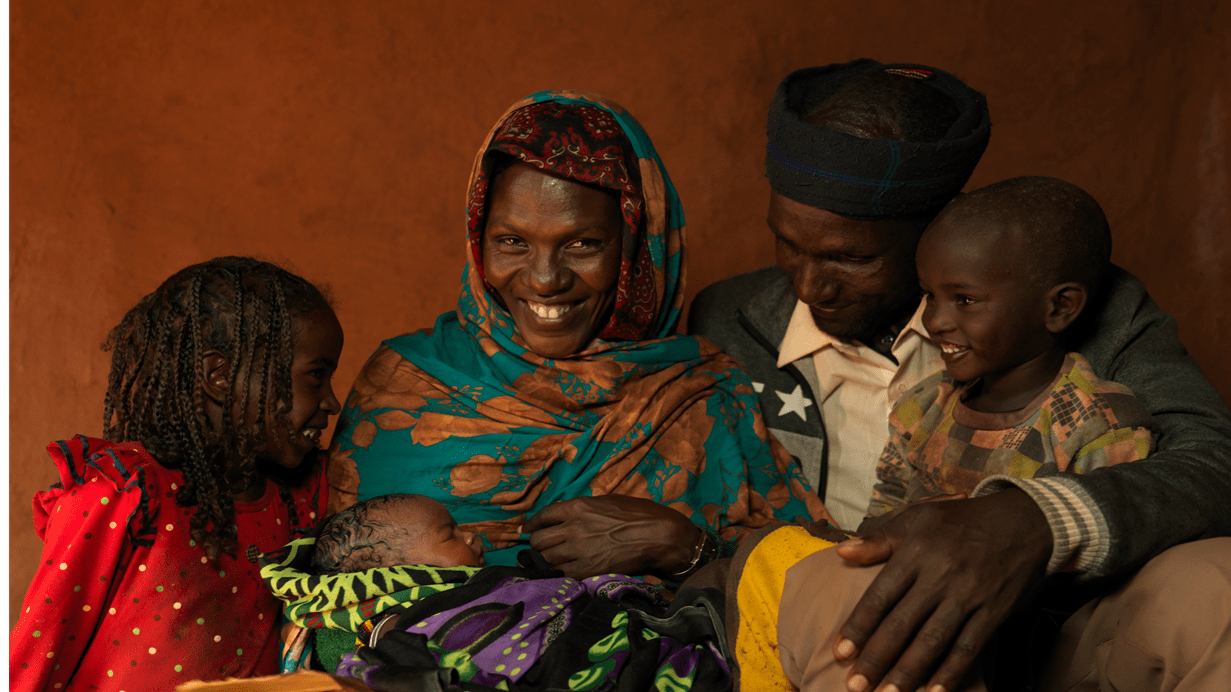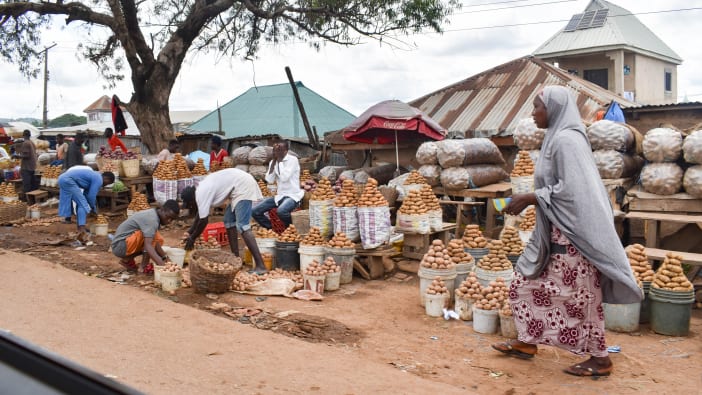Godana is 42 years old. He and his wife have seven children – including a brand new baby daughter who was only two days old at the time he spoke to us.
The area of Ethiopia where Godana and his family used to live is well known for livestock farming. Godana himself was a livestock farmer before drought decimated the region over the past five years.
‘I had 200 livestock before,’ he says. ‘I had 100 goats, which are dead because of the drought. I had about 50 sheep, and I have lost them too. Over the last five years, the drought has taken all that we had.’
No choice left
Finally, after every one of their animals had died, Godana and his wife were forced to move. They now live in a camp for internally displaced people.
‘It has been 12 months since we moved here,’ says Godana. ‘We came here so that the government and the NGOs could be aware of us. It's only because of God's help and the support of the government that we are still alive.’














